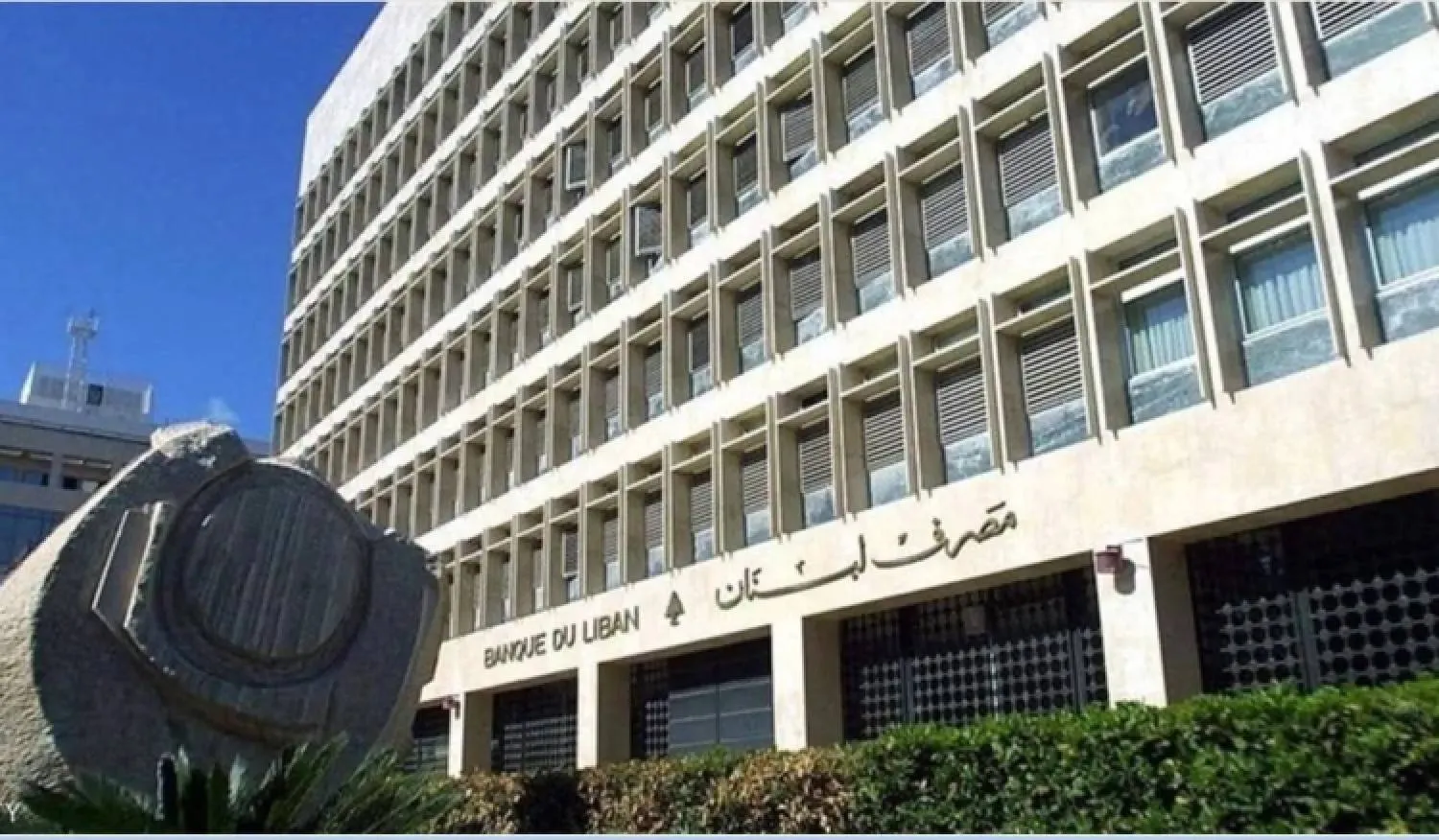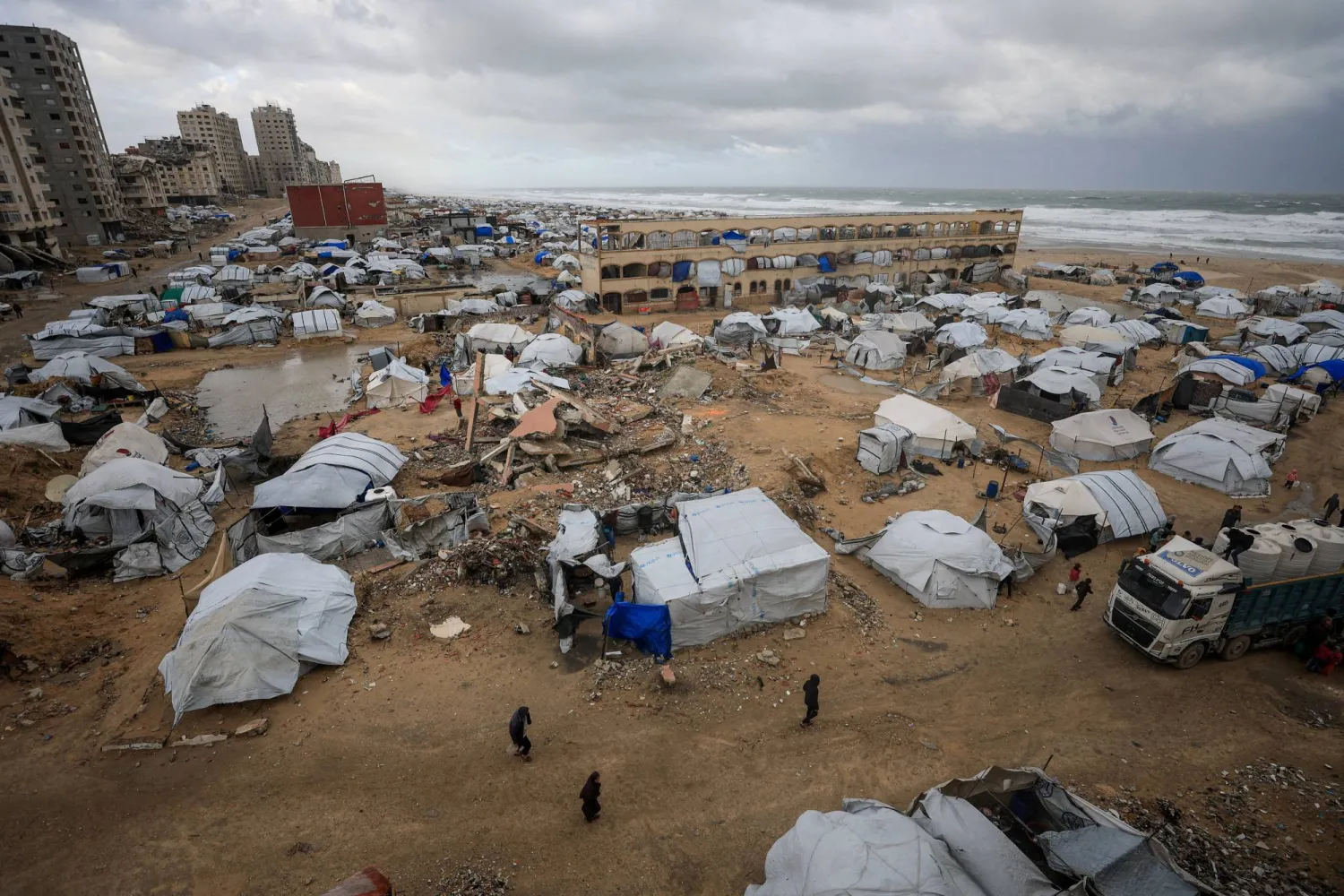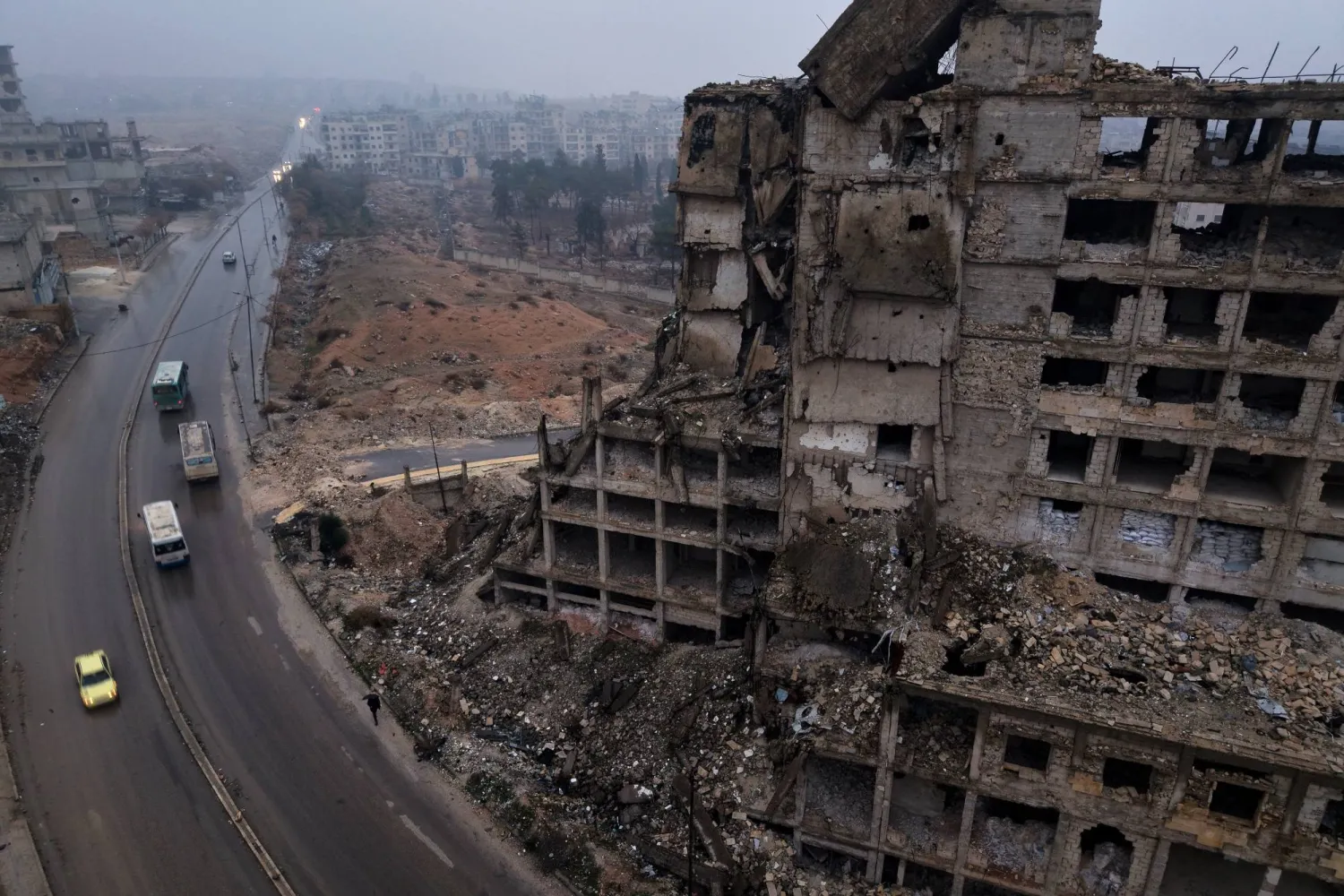At least four people died overnight in Gaza from walls collapsing onto their tents as strong winds lashed the Palestinian coastal territory, hospital authorities said Tuesday.
Dangerous living conditions persist in Gaza after more than two years of devastating Israeli bombardment and aid shortfalls. A ceasefire has been in effect since Oct. 10. But aid groups say that Palestinians broadly lack the shelter necessary to withstand frequent winter storms.
The dead include two women, a girl and a man, according to Shifa hospital, Gaza City’s largest hospital, which received the bodies.
Meanwhile, the child death toll in Gaza ticked up. The Gaza Health Ministry said Tuesday a 1-year-old boy died of hypothermia overnight, while the spokesman for the UN’s children agency said over 100 children and teenagers have been killed in the territory by “military means" since the ceasefire began.
Family mourns
Three members of the same family — 72-year-old Mohamed Hamouda, his 15-year-old granddaughter and his daughter-in-law — were killed when an 8-meter-high (26-foot-high) wall collapsed onto their tent in a coastal area along the Mediterranean shore of Gaza City, Shifa hospital said. At least five others were injured in that collapse.
Their relatives on Tuesday began removing the rubble that had buried their loved ones and rebuilding the tent shelters for survivors.
“The world has allowed us to witness death in all its forms,” Bassel Hamouda said after the funeral. “It’s true the bombing may have temporarily stopped, but we have witnessed every conceivable cause of death in the world in the Gaza Strip.”
A second woman was killed when a wall fell on her tent in the western part of the city, Shifa hospital said.
The majority of Palestinians live in makeshift tents since their homes were reduced to rubble during the war. When storms now strike the territory, Palestinian rescue workers warn people against seeking shelter inside damaged buildings, saying they could fall down on top of them. Aid groups say not enough shelter materials are entering Gaza during the truce.
In the central town of Zawaida, Associated Press footage showed inundated tents Tuesday morning, with people trying to rebuild their shelters.
Yasmin Shalha, a displaced woman from the northern town of Beit Lahiya, stood against winds that lifted the tarps of tents around her as she stitched hers back together with needle and thread. She said it had fallen on top of her family the night before, as they slept.
“The winds were very, very strong. The tent collapsed over us,” the mother of five told the AP. “As you can see, our situation is dire.”
Mohamed al-Sawalha, a 72-year-old man from the northern refugee camp of Jabaliya, criticized the conditions that most Palestinians in Gaza endure.
“It doesn’t work neither in summer nor in winter,” he said of the tent. “We left behind houses and buildings (with) doors that could be opened and closed. Now we live in a tent. Even sheep don’t live like we do.”
Israel’s bombing campaign has reduced entire neighborhoods to rubble and half-standing structures. Residents aren’t able to return to their homes in Israeli-controlled areas of the Gaza Strip.
Child death toll in Gaza rises
The Gaza Health Ministry said Tuesday a 1-year-old boy died of hypothermia in the central town of Deir al-Balah, the seventh fatality due to the cold conditions since winter started, including a baby just seven days old and a 4-year-old girl whose deaths were announced the day before.
The ministry, part of the Hamas-run government, says more than 440 people were killed by Israeli fire and their bodies brought to hospitals since the ceasefire went into effect just over three months ago. The ministry maintains detailed casualty records that are seen as generally reliable by UN agencies and independent experts.
Meanwhile, UNICEF spokesman James Elder said Tuesday at least 100 children under the age of 18 — 60 boys and 40 girls — have been killed in Gaza since the truce began due to military operations, including drone strikes, airstrikes, tank shelling and use of live ammunition.
Those figures, he said, reflect incidents where enough details have been compiled to warrant recording, but the total toll is expected to be higher. He also said hundreds of children have been wounded.
While “bombings and shootings have slowed” during the ceasefire, they have not stopped, Elder told reporters at a UN briefing in Geneva by video from Gaza City.
“So what the world now calls calm would be considered a crisis anywhere else,” he told
The Palestinian territory's population of more than 2 million people has been struggling to keep the cold weather and storms at bay, amid shortages of humanitarian aid and a lack of more substantial temporary housing, which is badly needed during the winter months.
It's the third winter since the war between Israel and Hamas started on Oct. 7, 2023, when gunmen stormed into southern Israel and killed around 1,200 people and abducted 251 others into Gaza.
Gaza’s Health Ministry says more than 71,400 Palestinians have been killed since Israel's retaliatory offensive began in the territory.









